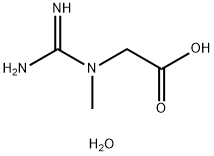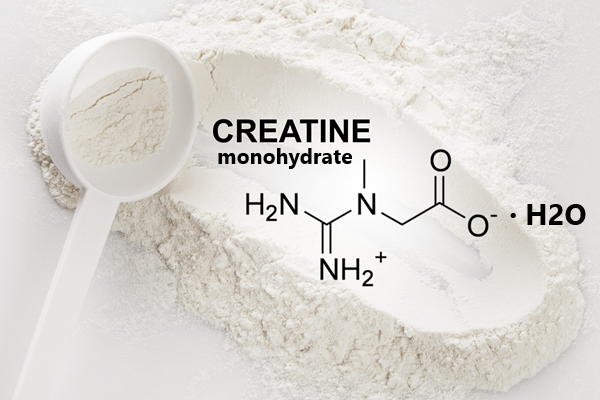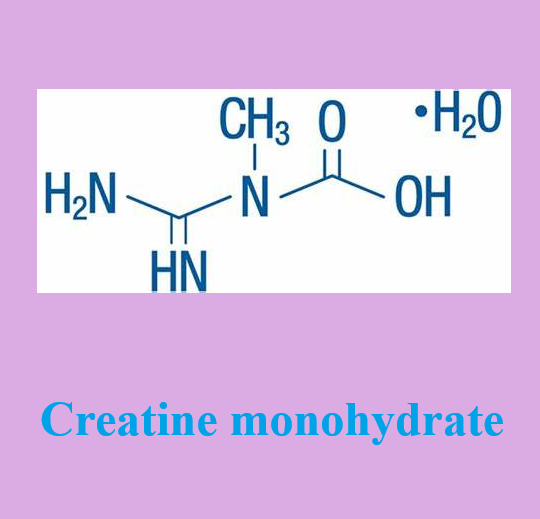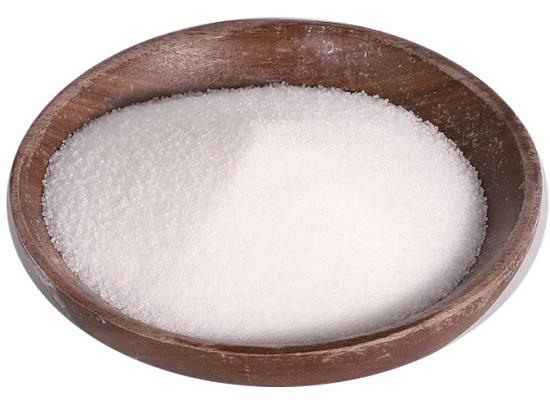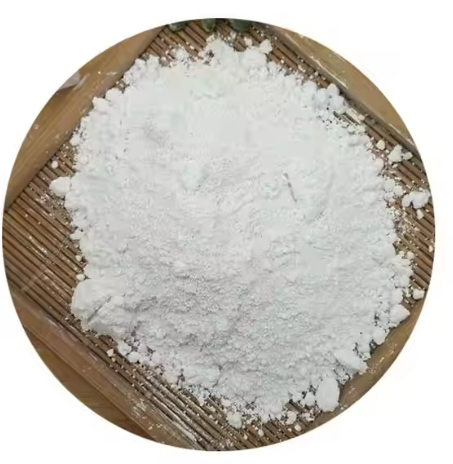Creatine monohydrate: Uses, Benefits and Side Effects
What is Creatine monohydrate?
Creatine monohydrate is a hydrate consisting of creatine (Cr) and one molecule of water. Creatine is a naturally occurring amino acid that provides energy to the body's muscles, maintains normal bone movement, and serves as a high-energy reserve for rapid ATP regeneration.
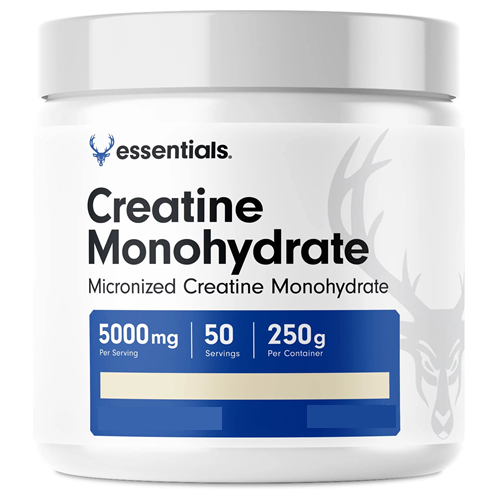
Creatine is found primarily in skeletal muscle, mainly in the form of phosphocreatine. Creatine can be obtained through the diet (e.g., meat, fish, and milk) or formed from L-arginine, glycine, and L-methionine in a multistep reaction in the kidneys and liver. Creatine is then transported into muscle tissue. Creatine supplementation is primarily used to improve athletic performance by increasing muscle mass. Creatine has also been studied for the treatment of neuromuscular disorders, and it may also aid in neuroprotection and improve the bioenergetic state of cells.
Uses and Benefits of Creatine monohydrate
Although, the body can produce or obtain creatine from food, it is not enough to meet the body's needs during heavy or strenuous exercise, therefore, Creatine monohydrate is mainly used as a creatine supplement to build muscle strength and promote brain health.
Creatine is considered to be one of the most effective aids for improving athletic performance. Studies have shown that creatine supplementation is particularly beneficial for women due to fluctuations in creatine kinase activity as a result of hormonal influences and different baseline levels of phosphocreatine (PCr) in men and women. PCr levels have been reported to be lower in women, which may lead to higher athletic performance with creatine supplementation.
Supplementation with creatine monohydrate improves cellular metabolism, helps maintain pH, increases glycogen stores and reduces inflammation, thereby improving anaerobic performance and recovery. A major factor in skeletal muscle metabolism during exercise and exercise recovery is the depletion and replenishment of muscle glycogen.
Due to its antioxidant properties, creatine has beneficial effects on muscle, bone and brain function, and is also important in the prevention of oxidative stress-related diseases. The experimental results showed that creatine monohydrate (IC 50 = 100.98 mM) had anti-free radical effects, but was less active compared to trichlorethylene (IC 50 = 0.2 mM). In addition, creatine monohydrate supplementation in combination with upper limb exercise had a greater effect on LBM, 6MWT and quality of life (QoL) in NSCLC patients.
Side Effects
Creatine monohydrate is mostly safe to use as a supplement and is well tolerated with no serious adverse effects. However, possible side effects include weight gain, anxiety, breathing difficulties, diarrhoea, fatigue, fever, headache, kidney problems, nausea, vomiting, rash and stomach upset.
References:
[1] AMANDA N GORDON. The Effects of Creatine Monohydrate Loading on Exercise Recovery in Active Women throughout the Menstrual Cycle.[J]. Nutrients, 2023, 15 16. DOI:10.3390/nu15163567.[2] HUDA M A, SETIJADI A, REVIONO R, et al. Combined Upper Limb Exercise and Creatine Monohydrate Supplementation Improved Musculoskeletal Function in NSCLC Patients[J]. Jurnal Respirologi Indonesia, 2022, 55 1: 353-361. DOI:10.36497/jri.v42i4.310.
[3] D. TSVETKOVA. Application of ABTS method for assessment of radical-binding effect of Creatine monohydrate[J]. Journal of Advanced Pharmacy Education and Research, 2023, 17 1: 3703-3713. DOI:10.51847/rxgogbiukj.
You may like
Related articles And Qustion
Lastest Price from Creatine monohydrate manufacturers
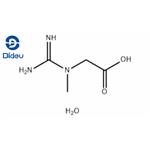
US $0.00-0.00/KG2025-11-21
- CAS:
- 6020-87-7
- Min. Order:
- 1KG
- Purity:
- 98
- Supply Ability:
- 10000KGS
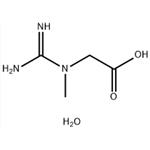
US $0.00/Kg2025-10-13
- CAS:
- 6020-87-7
- Min. Order:
- 1Kg
- Purity:
- 98%
- Supply Ability:
- 20Ton
